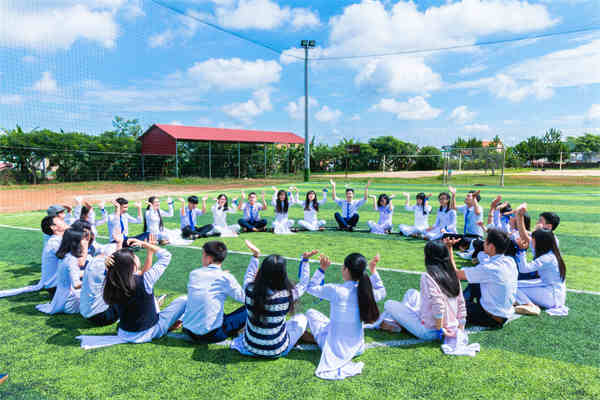Understanding the Versions of English Used in Wuxi

Wuxi, a city in southeastern China, is known for its rich cultural heritage and vibrant expatriate community. With a growing number of international residents, the use of English in Wuxi has become increasingly prevalent. One common question that arises is about the specific versions or dialects of English that are commonly used in the city. Here are some frequently asked questions regarding the versions of English used in Wuxi.
What are the most common English versions spoken in Wuxi?
In Wuxi, the most common version of English spoken is American English. This is due to the strong influence of American culture, particularly through media such as movies, television shows, and music. American English is the primary language of instruction in international schools in Wuxi, and it is widely used in business, tourism, and daily interactions among expatriates and locals who have learned English.
Is British English also used in Wuxi?
While American English is predominant, British English is also present in Wuxi, especially among expatriates from the UK and other Commonwealth countries. British English can be heard in certain social circles, business environments, and among individuals who have a preference for the British accent. However, it is not as widely used as American English in daily life or formal settings.
Is there a significant difference between the versions of English used in Wuxi?
The differences between American and British English are primarily in pronunciation, vocabulary, and spelling. In Wuxi, these differences are generally not a barrier to communication, as both versions are understood by most English speakers. However, there may be subtle variations in the use of idioms, proverbs, and certain phrases that can reflect the cultural background of the speaker.
How does the use of English in Wuxi affect the local language?
The use of English in Wuxi has had a positive impact on the local language, particularly Mandarin Chinese. The exposure to English has encouraged many locals to improve their language skills, both for personal and professional development. This has led to a more bilingual workforce and a greater appreciation for language learning in general. Additionally, the integration of English words into daily conversation has enriched the local language, with some English loanwords becoming part of the Chinese lexicon.

.png)
.png)

